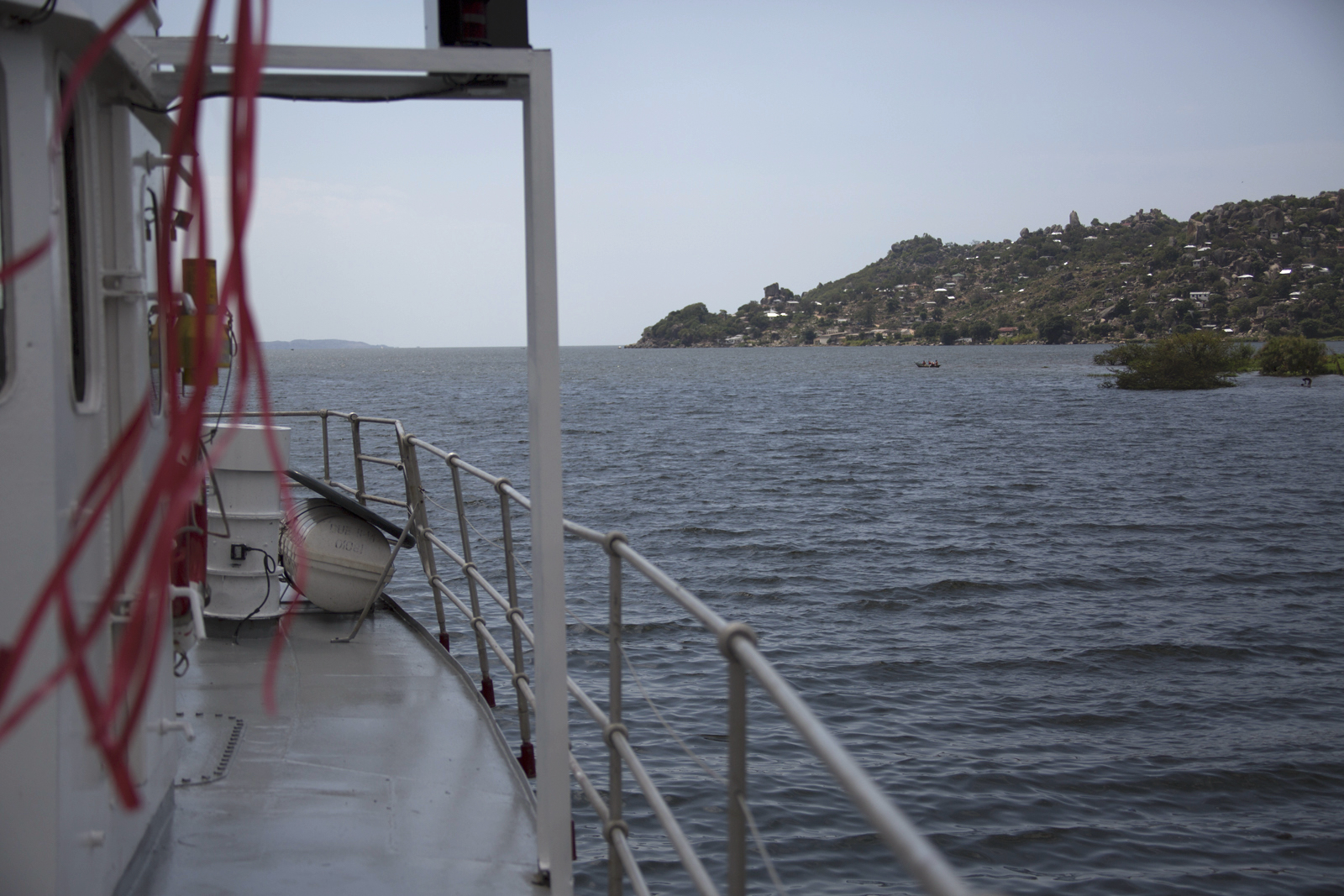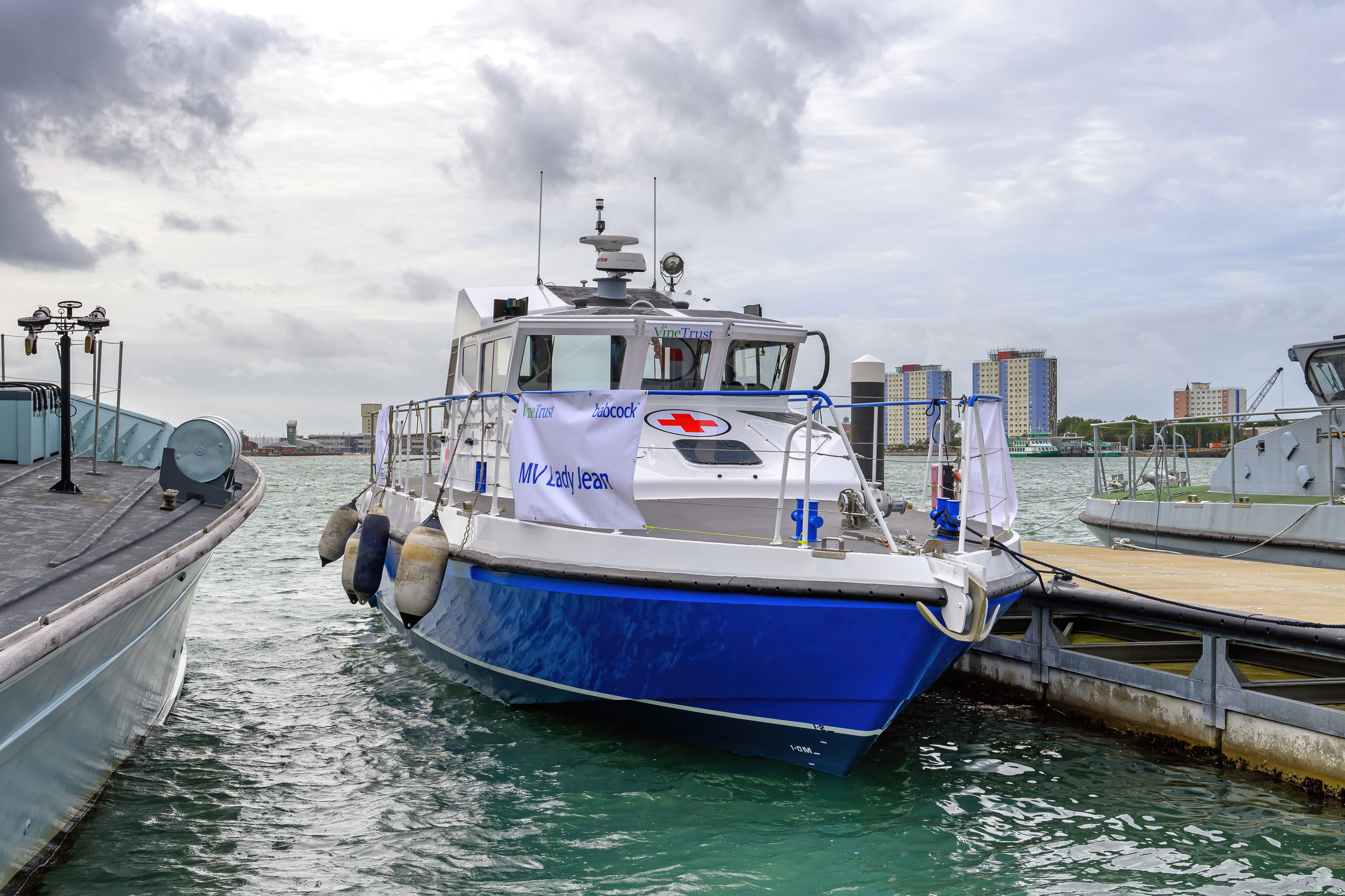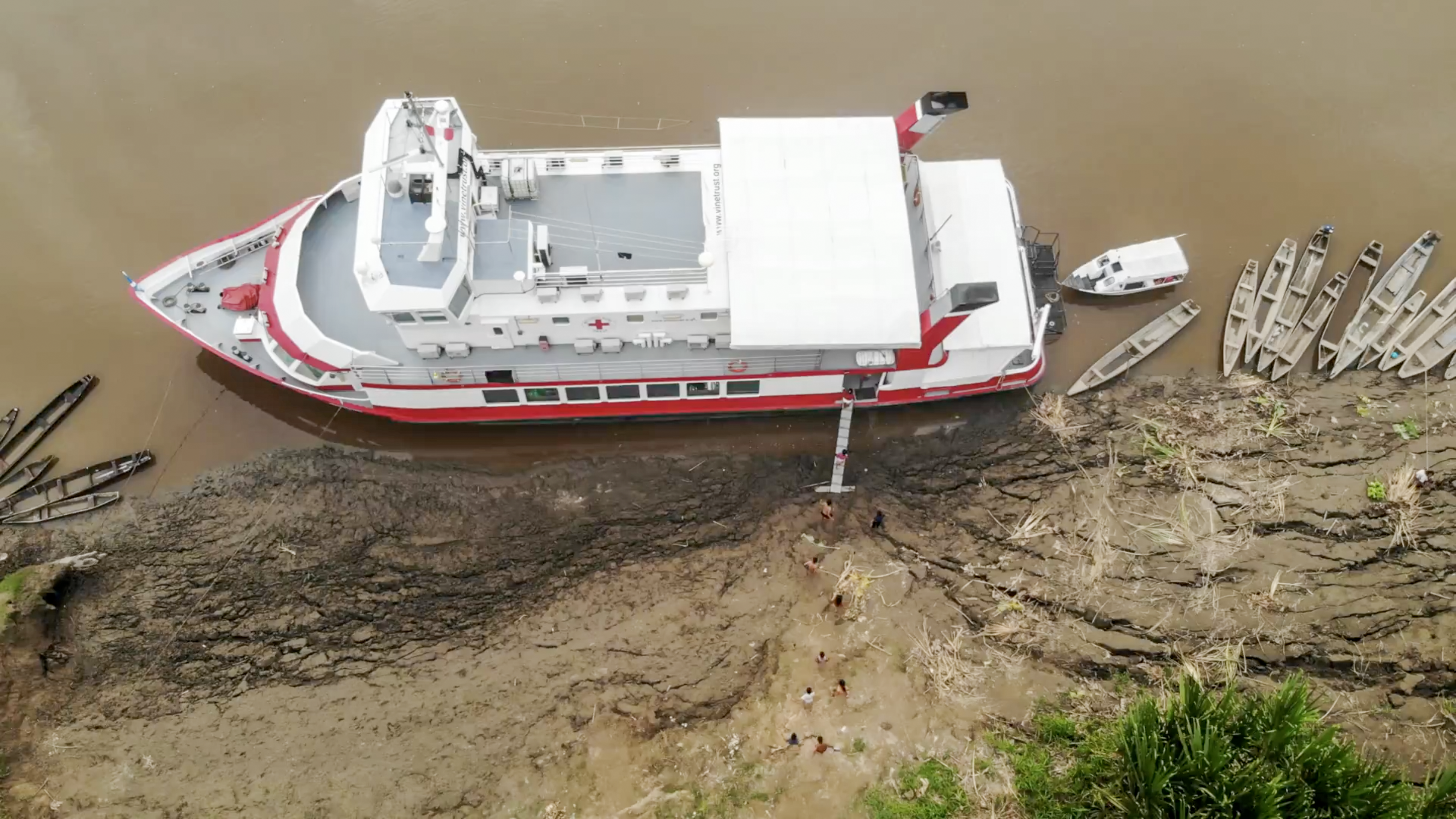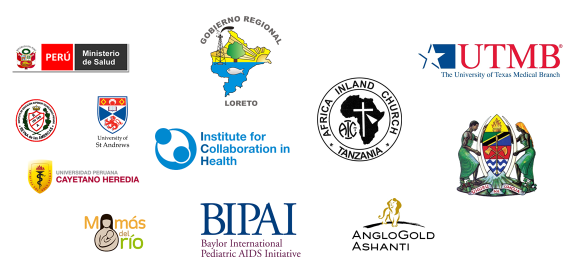Medical Services
There are many isolated parts of the world where people live with little or no access to medical services. As a result, these remote communities suffer from disproportionately high mortality rates and an assortment of challenges that can be combated with some basic but regular medical attention and supplementary health education.
In response to this need, and in cooperation with local partners, our in-country medical programmes’ ships work to deliver primary health care to some of the most vulnerable communities across the globe.
Medical Ships
When it comes to providing a high-quality itinerant health care service to rural and remote communities, a well-equipped medical ship is a unique and innovative method of provision.
These ships greatly increase access opportunities for locals who are unable to travel to a suitable health care facility on land, instead bringing effective and impactful support directly to communities that would otherwise be too isolated.
Lack of infrastructure and health care facilities in rural parts of Tanzania and Peru means that ships are often the best (and sometimes only) forms of viable transport, enabling medical professionals to deliver skilled services to vulnerable people living around Lake Victoria and along the Peruvian Amazon.
Each of the three medical ships is a safe and hygienic, sanitary facility that’s well-equipped with medical consultation areas, a dental clinic, a minor surgery room, a pharmacy, a laboratory, and all instruments and equipment necessary to provide a quality primary health care service.
Using a medical ship as the primary mode of health care provision also ensures that all staff are able to both work and live in a secure environment. This set up enables a sizeable team of health professionals from a variety of medical specialities to join the regular expeditions.

Tanzanian Lake Victoria
The Jubilee Hope Medical Programme is a collaborative project between Vine Trust and Africa Inland Church Tanzania, working with the island communities of the Muleba District in the Kagera region of Tanzania since 2015.
An estimated 20-30% of the islands’ population is infected with HIV/AIDS, and so our in-country partners place a particular emphasis on generating wider awareness about the disease and educating community members on prevention strategies through providing testing and counselling services.
In 2016, the programme set up post-test counselling groups for women living with HIV (who face stigma, prejudice and a high risk of violence).
Excitingly, project workers reformed these groups in 2022 after having to suspend them during COVID-19. They currently include around 45 women, helping to empower these community members through education, orientation techniques, and providing access to micro-loans.

The MV Lady Jean
We are delighted to announce that a new ship is joining Jubilee Hope Medical Programme to expand the reach of services to remote island communities on Lake Victoria, Tanzania.
On the 29th September 2023, a handover of the ship took place at Portsmouth Historic Dockyard, Hampshire.
With significant support from Babcock International, the former UK Royal Navy patrol ship has undergone a complete overhaul, including a new generator, rewiring of electrics, servicing of the engines, installation of new seats, and air-conditioning and full painting.
Other companies which are supporting this project include Victoria Quay, UK Docks, SES, International Paints, Caterform, SWJ Maintenance, Portsmouth Naval Base Property Trust, Sevenstar Yacht Transport, and Transeast Group.
This new ship, the MV Lady Jean, will complement the work of MV Jubilee Hope and significantly enhance the programme’s capacity to reach those most in need, delivering 600,000 more consultations over the next five years.
Furthermore, the range and flexibility of the new ship is ideally suited to support the first-ever supply chain to the islands for the treatment of people living with HIV, with a particular focus on breaking the cycle of mother-to-child transmission.
As well as playing a key role in the rollout of anti-retroviral HIV medications to these island communities, the MV Lady Jean will also increase the number of locations that the in-country team can visit.
In turn, this enables the programme to strengthen malaria prevention and treatment initiatives, child vaccination services, and health education and promotion.

Peruvian Amazon
The Amazon Hope Medical Programme began in 2002, expanding its reach steadily year on year so that by 2013 it was working in six river basins (Amazon, Manití, Ucayali, Puinahua, Tigre and Marañón).
In 2014, the programme strengthened its collaborative partnership with the Regional Government of Loreto through its teams of Comprehensive Health Care for Excluded and Remote Populations (AISPED).
In 2017, and as a result of this successful collaboration, this work was expanded to coincide with the arrival of Vine Trust’s new medical ship, the MV Forth Hope.
The introduction of the Forth Hope more than doubled the programme’s capacity to provide health services to the Peruvian Amazon’s riverine communities.
The Amazon Hope Programme is fast approaching the milestone of providing 2 million consultations since its services began.
Collaboration
When it comes to the medical programmes, collaboration and connection are fundamental to everything Vine Trust does.
These values are reflected in every aspect of the health care process, from the participation of our overseas volunteers, the involvement of over 30 businesses in supporting the MV Forth Hope project, the delivery of an itinerant health care model that prioritises community empowerment, and the expansion of the medical programmes’ services and activities.
